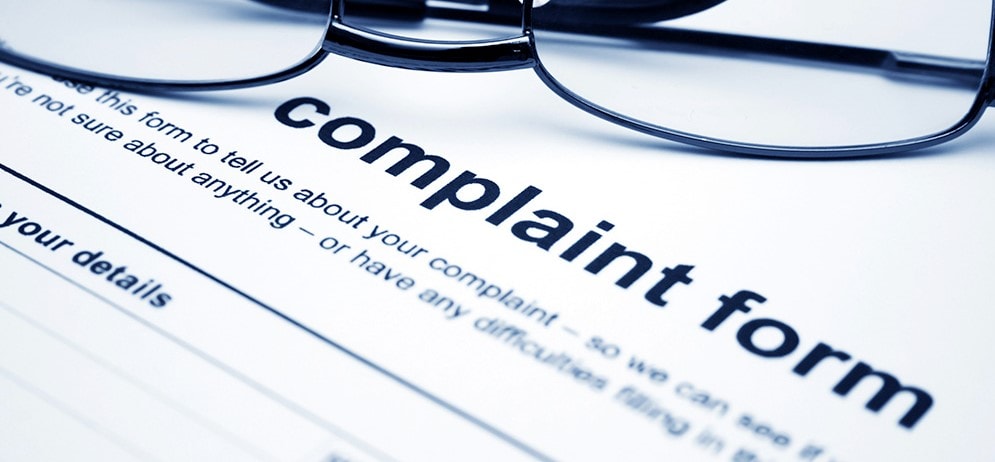
Claims for retaliation comes in many forms and may be based on the California Fair Employment and House Act (“FEHA”), the California Labor Code, and whistle-blower protection statutes.
A plaintiff employee can establish a case of retaliation under the California Fair Employment and House Act (“FEHA”) by demonstrating that (1) the plaintiff engaged in protected activity, (2) the employer retaliated with an adverse employment action against the plaintiff, and (3) there is a casual link between the protected activity and the adverse employment action. See Yanowitz v. L’Oreal USA. Inc. (2005) 36 Cal. 4th 1028, 1042.
There are a number of activities that are legally protected including the right of the employee not to be compelled to commit an illegal act, the filing of complaints against the employer, whether they be internal (i.e. within the company) or external (i.e. in an administrative or judicial setting).
Examples of adverse employment actions include increasing work hours, retaliatory demotions, [terminations], pay decreases, job or shift reassignments, denial of leave, denial of promotions, and refusals to [reasonably accommodate].
California Labor Code § 98.6 prohibits retaliation against an employee for “the exercise by the employee … on behalf of himself, herself, or others of any right afforded him or her.” See Labor Code §98.6(a); Grinzi v. San Diego Hospice Corp. (2004) 120 Cal. App. 4th 72, 86-88. Included within these bundle of rights are [wage and hour] laws such as minimum and overtime wage regulations and rest and meal break allowances.
See [Whistleblowing]
The information you obtain at our website ( www.pairavilaw.com ) is not, nor is it intended to be, legal advice. You should consult an attorney for advice regarding your situation as each case is different. We invite you to contact us to discuss the specifics of your case, however, contacting us does not create an attorney-client relationship nor guarantee acceptance of your case. Please do not send any confidential information to us until an attorney-client relationship has been established.
We are passionate about protecting the rights of mistreated employees.
Call : 310.789.2063
[email protected] Mon – Fri 09:00-17:00
